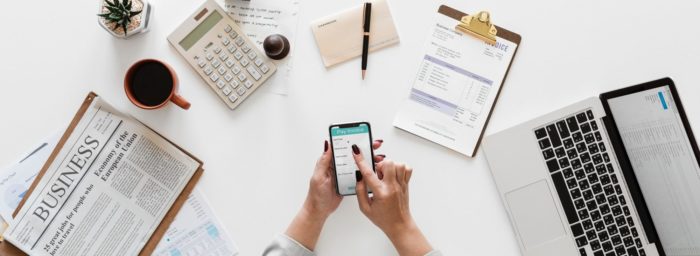Originally published in Automotive News
By Daron Gifford
Overseas and domestic automotive companies should think long and hard about buying or building plants to take advantage of recent tax cuts, tariff threats or the depressed euro.
Because we’ve been here before.
About three years ago, the euro slid to almost parity with the U.S. dollar, only to bounce back and hurt European exporters. As for tax rates, they have swung up and down over the years, as have trade tariffs, stinging those businesses that try to take economic advantage of these short-term moves.
Yes, policies change. Trade tariffs and labor concerns, as well as taxes and the foreign exchange market, should be part of the discussion whenever a company ponders relocating abroad. But rarely should these factors be the main motivation in the capital-hungry auto industry. You can’t pick up and move a production plant every two years just because the tax rates change.
Executives need to ignore the simple appeal of short-term economic policy decisions and currency fluctuations. Taking a broad view of market drivers needs to be a key part of answering the question, “What is the best long-term decision for our business?”
Automakers have bigger concerns
If the business case depends on economics or policies that are forever in flux, then it’s probably not the smart thing to do, unless you are chasing a very short-term return, which is usually not the case with suppliers in the automotive sector.
Automakers project forward production and profits five years or more, and that requires making market-based decisions. If a company puts a plant in another country, it’s generally because it is looking to support growing customer volume in that country. The cars made there won’t be targeted for export, unless the company has relocated its manufacturing to a low-cost country specifically to reduce costs below the U.S. levels.
One cautionary example is Volkswagen Group’s assembly plant in Chattanooga, which opened in 2011 with hopes to produce 1 million vehicles a year for the U.S.
It has yet to reach even half of this goal.
Although market forces played a significant role in the German automaker’s move — including an unanticipated and aggressive shift in consumer preference for SUVs and crossovers over sedans that has caused some of its problems — the lure of the euro’s value at the time was hard for executives to ignore. However, the EUR-USD exchange rate fell from $1.47 in 2008 to $1.24 in 2012, which significantly altered the business case for VW’s new domestic production.
But things change, and while the euro stabilized for a few years, more recently, it has been hovering around $1.10 to $1.15, primarily because of lingering fears about Brexit and new worries about Italy’s plans to introduce a parallel currency.
Volkswagen’s gamble continues to be costly, locking the company into costly U.S. operating infrastructure that will be expensive to abandon now.
The temptation is real
For automakers, however, the threat of tariffs along with the U.S. tax cuts may be more seductive than a falling currency. Owing less in U.S. taxes will boost 2017 profit by some $1.2 billion at Daimler and about $3 billion at both Honda and Toyota. And clearly, the emphasis from the administration’s stance on tariffs is to encourage more production in the U.S.
It’s already happening. This year Toyota Motor Corp. announced it would share a new factory with Mazda Motor Corp. in Alabama, and Volvo Cars has unveiled similar plans in South Carolina. And Ford Motor Co. halted plans for a new plant in San Luis Potosi, Mexico.
Relaxed labor laws and relatively lower costs are the oft-cited primary reasons for those companies moving operations to the U.S. But the threat of tariffs and tax cut savings may be further solidifying the resolve of automakers such as Toyota, Mazda and Volvo.
And if that’s all the tariffs and tax cuts are to them — a great big red cherry on top — then great.
But if the cherry is the whole reason for the deal, those companies may find themselves left holding the bag in the future when, as always happens, the economic landscape changes.
Daron Gifford is the automotive industry consulting leader at accounting firm and consultancy Plante Moran in Detroit.

